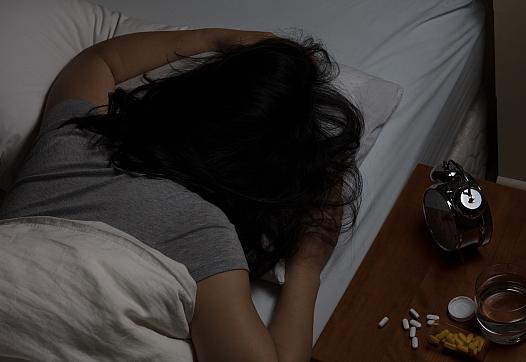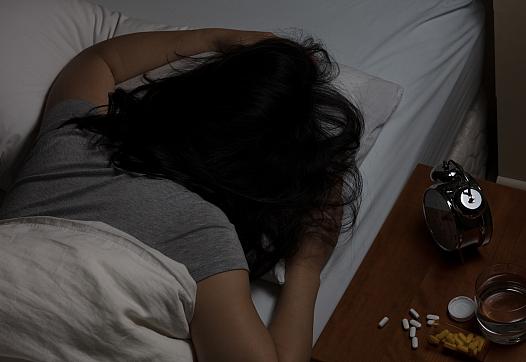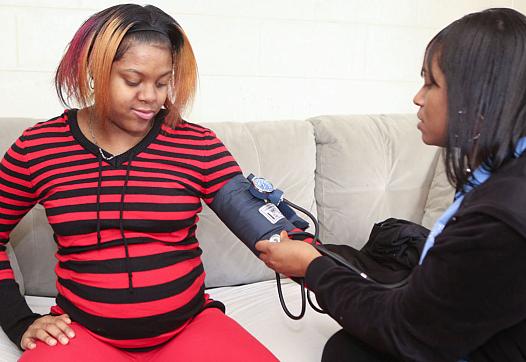
“What you’re hearing is that the pain killer problem has turned into a heroin problem,” Dr. Andrew Kolodny said. “That makes for a good story, but that isn’t really what’s going on.”

“What you’re hearing is that the pain killer problem has turned into a heroin problem,” Dr. Andrew Kolodny said. “That makes for a good story, but that isn’t really what’s going on.”

For reporter Giles Bruce, it wasn't until he jettisoned all his preconceived notions about what was driving Indiana's high infant death rate that he found his real story.

Should medical residents still be allowed to work 28-hour shifts? One doctor recounts her exhausting, nightmarish shift in the ER as an example of what can go wrong as the hours stretch on.

"Our health care system remains in a crisis," writes the CEO of Molina Healthcare. "Both the AHCA and the ACA only address the funding of health care and fail to tackle the troubling rate at which health care costs are rising."
![[Cropped photo by Melissa Hillier via Flickr.]](/sites/default/files/styles/teaser_list_thumbnail_large/public/title_images/Cropped_paint.png?itok=akbC9D2w)
New research on lead's negative effects on IQ and class makes a brutal irony even clearer — lead is a lifelong disaster, particularly for poor children already facing serious disadvantages.

It’s often been called the worst drug crisis in American history, ravaging towns from coast to coast and killing more than 33,000 people in 2015. This webinar will explain and offer reporting and storytelling approaches for a new geography of addiction, with the opioid epidemic proving particularly

There is a bizarre paradox in the culture of medicine: The system generates more data than ever, but questionable priorities are limiting our ability to effectively use it.

"I’ve been startled to see the debate over the AHCA reignite a political philosophy and policy approach that seemed to be have been discredited — and be in sharp decline," writes former health care journalist Michael Millenson.

This series was produced as a project for the University of Southern California Center for Health Journalism's National Fellowship.
Other stories in the series include:
Fort Wayne, Ind. mom shares tragic story of losing baby
In Indianapolis, a baby dies every 3 1/2 days

The death certificate helps tells a fuller story of Bill Paxton’s final days. Reporters should make a habit of seeking them out, since they can be revealing repositories of information.